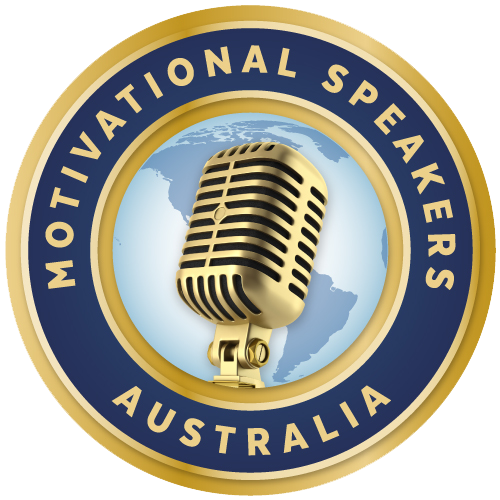by James Tuckerman for Anthill Magazine… well worth the read.
…It’s no good applying the free models unless you can understand how your consumer will interpret them (whether they will work for or against you).
The psychology of ‘free’ is a powerful force. There is a chasm between cheap and free when a decision hangs in the balance. So, when presented with a free option, are we able to make our decisions freely?
The answer is a definite ‘Yes’, for two reasons.
Firstly, ‘free’ still lacks ‘believability’. Secondly, there are some things we prize more than money (or the monetary value of a free product or service).
For example, why does it still seem that everything is getting more and expensive? The price of fresh fruit and vegetables is soaring. Water feels like it is fast becoming a luxury. And a visit to the petrol bowser now seems to require a second mortgage on the family home.
Yet, when we stop to think about it, we all know the reality.
Modern living is getting cheaper. You can now score a digital watch simply by purchasing a tin of Milo. You can also pick up a new DVD player at the checkout for less than your weekly groceries. At the same time, while starvation was one of our greatest social concerns as little as eighty years ago, we’re now a nation fixated on the perils of obesity.
We belong to a disposable economy, where planned obsolescence is now part of the business training manual. And globalisation is only making it easier to buy and toss…

